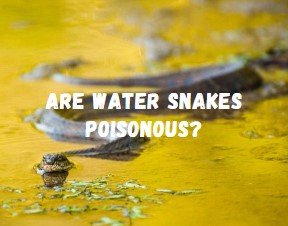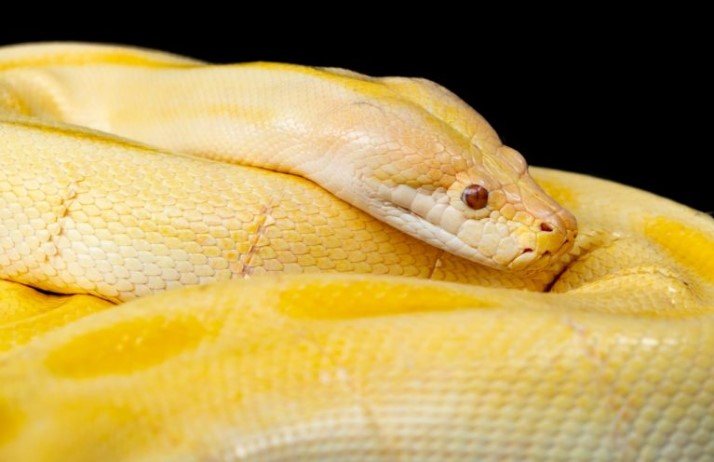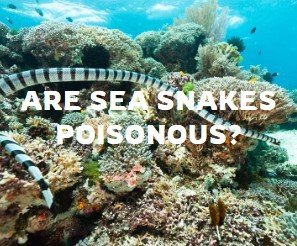Navigating the Waters: Unraveling the Mystery of Water Snakes and Venom
Introduction:
Water snakes, a diverse group of serpents adapted to aquatic environments, often evoke curiosity and questions regarding their venomous nature. Understanding whether water snakes are poisonous requires delving into the intricacies of their biology and the potential risks they pose to humans. Join us on an exploration of these aquatic creatures to unravel the mystery of whether water snakes are truly poisonous.

1. Distinctive Features of Water Snakes:
Water snakes encompass various species, and their characteristics can vary. Common traits include streamlined bodies, flattened tails for efficient swimming, and a preference for freshwater habitats such as rivers, lakes, and ponds.
2. Venomous or Harmless: Clarifying Terminology:
It’s crucial to distinguish between venomous and poisonous. Venomous creatures inject venom using specialized structures like fangs, while poisonous organisms are harmful when touched or ingested. Water snakes fall into the venomous category, possessing venom to incapacitate prey.
3. Venomous Adaptations in Water Snakes:
Water snakes exhibit adaptations for a semi-aquatic lifestyle. Some species have mildly venomous saliva, aiding in subduing fish and amphibian prey. While their venom is not usually harmful to humans, caution is advised when handling them, as bites can cause localized reactions.
4. Harmless to Humans:
Most water snake species pose minimal threat to humans. Their venom is typically mild, causing mild pain, swelling, or redness. However, individual reactions can vary, and it’s essential to treat any snakebite seriously and seek medical attention.
5. Common Water Snake Species:
Various water snake species inhabit different regions globally. Examples include the Northern Water Snake in North America, the Common Water Snake in Europe, and the Banded Water Snake in Asia. Each species has unique adaptations and behaviors.
6. Mimicry and Defense Mechanisms:
Some water snakes employ mimicry to resemble venomous species, enhancing their deterrent effect against predators. Additionally, their cryptic coloration and quick escape behaviors contribute to their defense mechanisms.
7. Human-Water Snake Encounters:
Encounters between humans and water snakes are not uncommon, especially in areas where their habitats overlap. Understanding their behavior and respecting their space is crucial for fostering coexistence. Avoiding unnecessary handling reduces the risk of bites.
8. Conservation Significance:
Water snakes play essential roles in aquatic ecosystems by helping control prey populations. Unfortunately, these serpents face threats, including habitat loss and persecution. Conservation efforts are vital to preserving their ecological contributions.
Conclusion:
In conclusion, while water snakes are venomous, their impact on humans is generally minimal. Respectful observation from a distance enhances our understanding and appreciation of these fascinating creatures. As we navigate the waters where water snakes thrive, a harmonious coexistence ensures the continuation of their vital roles in maintaining the delicate balance of aquatic ecosystems.
Learn more about What Animals eat Snakes.





Leave a Reply